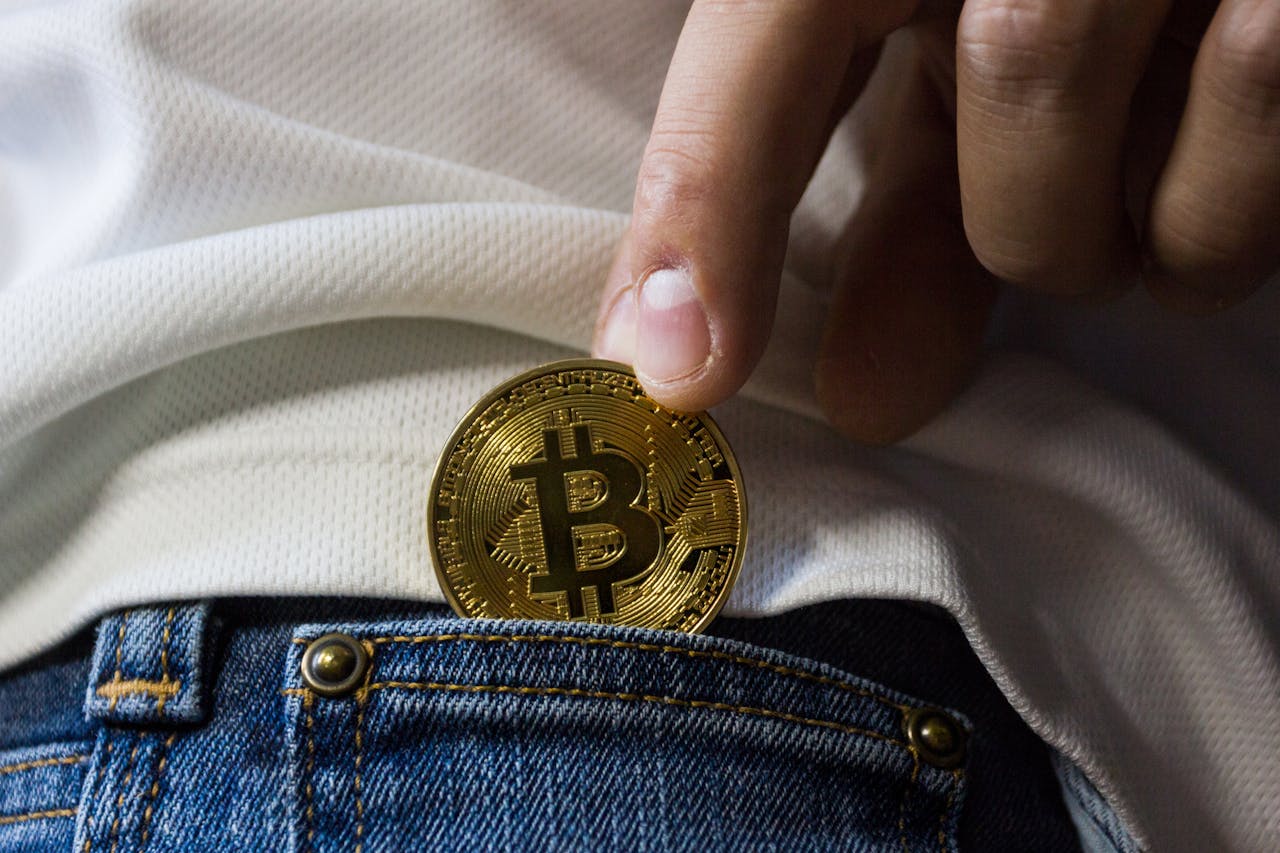
By Zain Jaffer
Bitcoin versus Gold as Store of Value
Zain Jaffer is a real estate and property tech investor who sold his mobile ad startup Vungle in 2019 to private equity firm Blackstone. He is the CEO of Zain Ventures.
There are debates in many forums these days, like in Youtube and commentaries, about Bitcoin and Gold as a Store of Value. A Store of Value (SOV) is an asset that helps investors who hold it long term keep their money safe and secure while at the same time avoid the devaluing effects of inflation.
At the moment SOVs are a popular topic of discussion among investors because many are looking for assets that are not debt based. Debt based assets are those whose payments are determined by someone making you a promise to pay you back. In the case of stocks, the value is often determined by the market as the present value of their future cash flows. So if Nvidia or Microsoft are expensive, it is because the public and the analysts perceive that these companies will be receiving growing revenues and profits in the next few years, particularly because of Artificial Intelligence (AI). In the case of government bonds, the government borrows money from you with interest at the maturity date.
Many debt instruments are being scrutinized right now because of excessive global debt. There are fears from certain quarters that the global Gross Domestic Product (GDP) and resulting taxes collected will not be enough to pay for the massive debt, in countries like the US, China, Japan, hence bond holders are a bit worried. This is the reason why the promised yields on bonds have risen, because bond holders want to be paid more for this perceived risk. Company earnings could go down in a recession or stagflation, which is why some people are looking for non-debt store of value assets just as a precautionary hedge.
Real estate outside of the annual property taxes you pay are non-debt assets, as well as fine art, watches and other collectibles. They have their own intrinsic value. However these are not as liquid as stocks, bonds, crypto, or even gold.
Gold has been a store of value for thousands of years, even during biblical times. People like these as jewelry. Central banks and governments like to store some of these assets in gold bullion. But gold does have some disadvantages that many young people do not like. For one, it is hard to transport without shipping and security costs, and can be stopped at ports, borders and airports. It is not Internet native, meaning it is not really setup to be traded halfway across the world without going through various processes. It also has some inflation, as mining firms dig more gold out of the ground when the price goes up, which acts as a negative price feedback mechanism. If you need to sell it, the spot price is published daily.
On the other hand, the new kid on the block is obviously Bitcoin and crypto. With the advent of the new Bitcoin Exchange Traded Funds (ETFs) offered in the US and Hong Kong, and prior to this in Canada and Europe, there has been some progress in integrating this to individual portfolios and corporate treasuries outside of those who are already convinced. It is often misunderstood and attacked for lacking “intrinsic value.” However it cannot be denied that it can be sent around the world in a fast manner over the Internet, and will take massive computational power to hack. Its spot price is also published in real time. Plus the Financial Accounting Standards Board (FASB) has approved rules that are favorable if one wants to include it, but tax and legal regulations are still evolving.
Personally I still believe in a balanced diversified portfolio that is adjusted to meet the needs of the investor or the corporate treasury. Since we do not really know what will happen to the world in the next few years due to political, social, technological, and other reasons, I do not see a reason why we cannot include both gold and Bitcoin in our portfolios and corporate treasuries.

